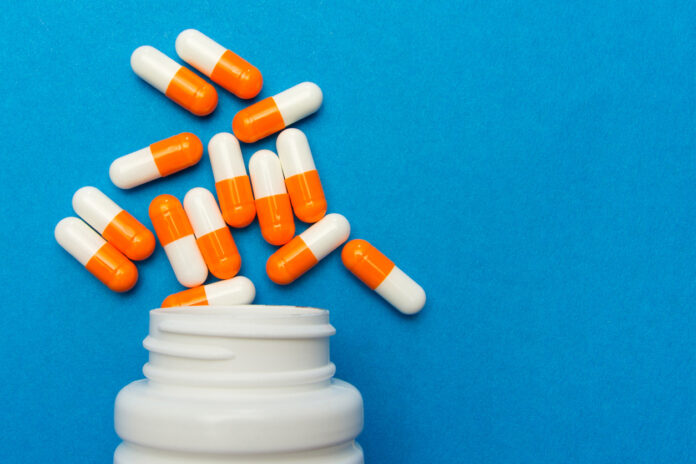In an earlier column, we looked at the hugely significant problem of antibiotic over-prescribing. Heading into the colder months, it’s important to be mindful that antibiotics are not recommended, even though they are routinely offered, for common conditions like chest colds and sore throats.
It’s always okay to ask your health professional for more information about the benefits, risks and alternatives of any medication or procedure. You and your doctor share a common goal: your wellness. Consider yourselves partners.
There are, however, times when antibiotics are needed, and in these instances it’s helpful to know how to support your body to ‘bounce back’.
What do antibiotics do?
Antibiotics kill bacteria in an indiscriminate way, meaning that both harmful and beneficial bacteria bite the dust. It’s a bit like clear-felling a forest, not very subtle, but when you need them, hopefully very effective.
How long does it take for your microbiome to recover?
Your microbiome is the name given the colonies of bacteria that make your body home. Oh, and by the way, you’re currently hosting bacteria cells that outnumber your own human cells by a factor of 10 to one. When you’re healthy, these microbes are not invaders or freeloaders but, in fact, crucial facilitators of our basic body functions including digesting food, producing vitamins and keeping the immune system buoyant. So, it kind of sucks to have to kill them!
A 2018 study published in Nature Microbiology suggests that it takes around six months for your gut bacteria to recover after antibiotic use, which means six months of potential gut issues, sub-par energy, brain fog and so on. The study also found that some species of bacteria may become permanently lost or severely depleted. So, like the clear-fell analogy, once you chop down the rainforest, even after it regrows, the ecosystem is never the same again.
What about probiotics and when do I take them?
Probiotics are supplements that you take to re-introduce helpful bacteria. You don’t need to wait to take probiotics until the end of the course of your antibiotics; the suggestion is to take them two or more hours either side of each dose of antibiotics.
The more we understand about the microbiome, the more we realise our knowledge of probiotics is still quite primitive. My advice with any supplement is to seek the advice of an expert such as a naturopath, otherwise you may end up potentially taking lots of things that won’t help and can even cause unwanted side effects. For example, some probiotics can set off histamine reactions worsening any gut issues you might be experiencing.
What about food to help?
Fermented foods like yoghurt, kefir, kombucha, sauerkraut and kimchi are renowned for their probiotic content. However, if they’re loaded with refined sugar they will do more harm than good, so check the label first. Gut repairing foods like bone broth, collagen and even supplements like glutamine can help to ensure the barrier function of the gut is restored.
Other than that, eating a diet rich in vegetables, fruits, healthy fats and proteins whilst minimising processed foods and refined sugars ensures your gut is getting the best chance of recovering fast.
Editor’s note: Our rotating wellbeing and fitness columns provide advice that is general in nature. Please always refer to your preferred health professional for advice suited to your personal healthcare requirements.
More stories:









